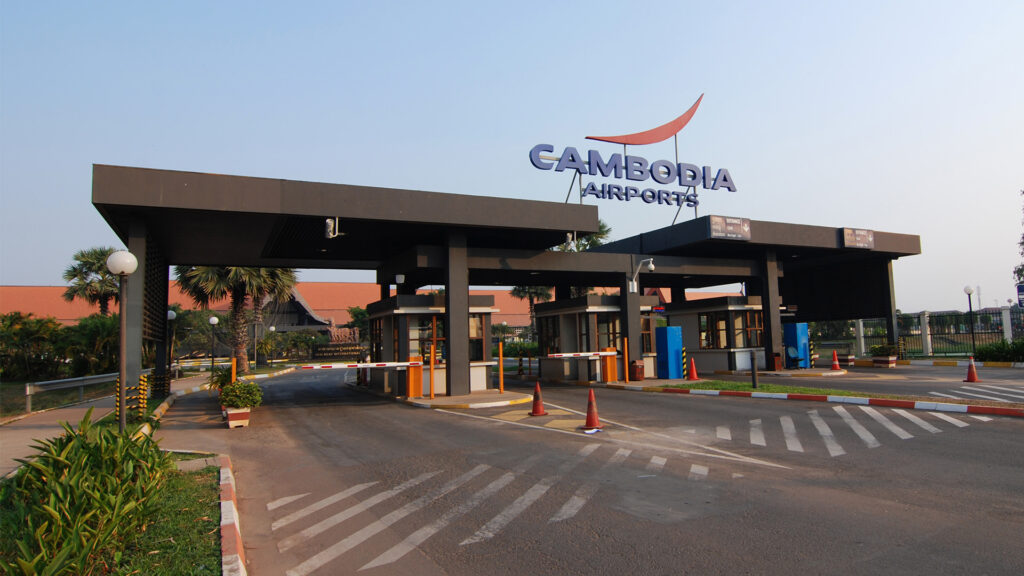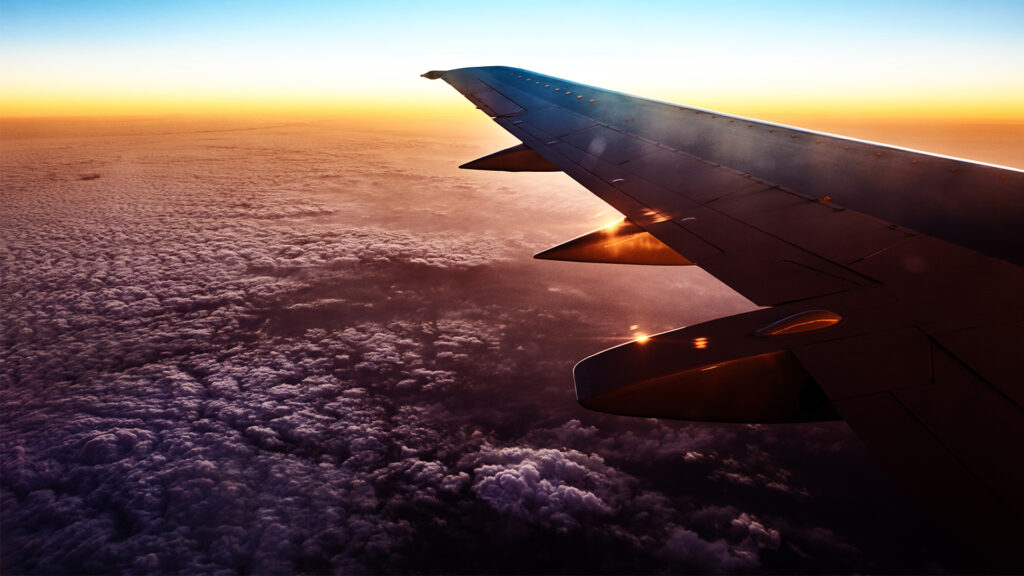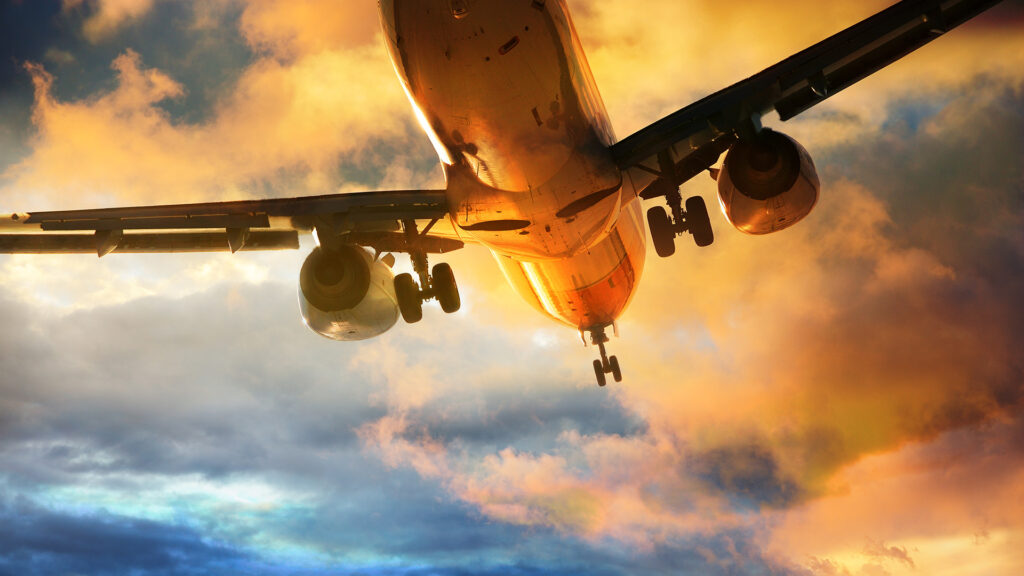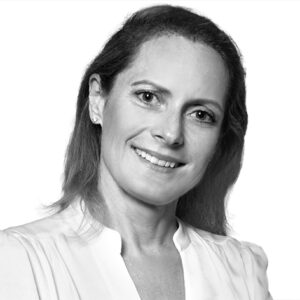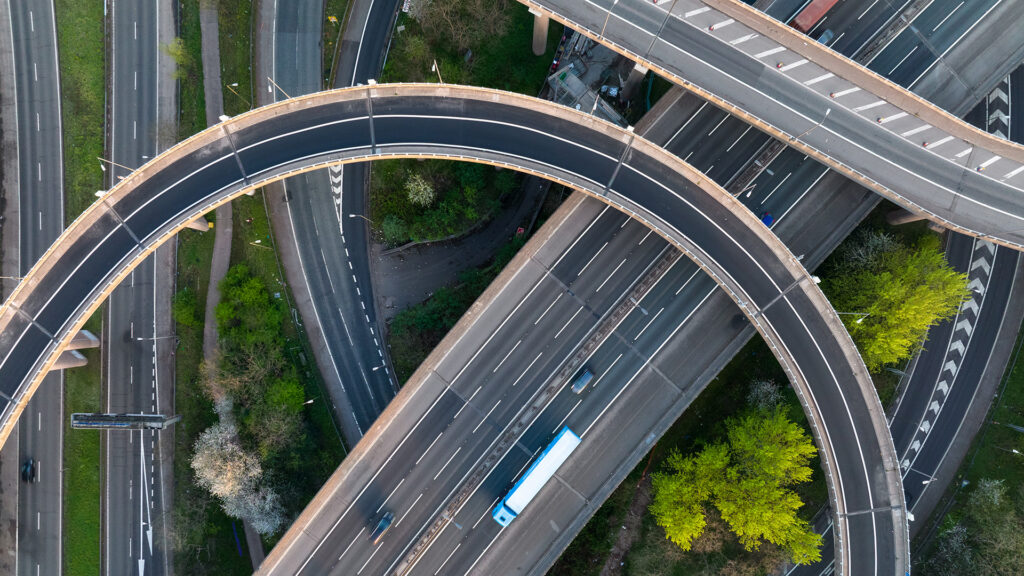Thailand ratifies Montreal Convention 1999, August 2017
Thailand has deposited its instrument of accession to the Convention for the Unification of Certain Rules for International Carriage by Air Montreal, May 28 1999 (MC99) with the International Civil Aviation Organisation (ICAO). MC99 is expected to come into force in Thailand on 2 October 2017.
This development comes two years after Thailand passed the International Carriage by Air Act BE 2558 (the Act) in May 20151, and the amended International Carriage by Air Act enacted on 26 May 2017 which will come into effect on 24 August 2017. This legislation paved the way for the country to ratify MC99.
MC99 is the first international aviation treaty the country has ever ratified, despite its neighbouring countries Vietnam, Cambodia and Laos, already being signatories to the Warsaw Convention (and/or the amended Warsaw Convention).
What’s changed?
Cargo Claims
Prior to MC99 coming into force in Thailand, the burden of proof was on the carrier to argue successfully that the limits of liability on the reverse of the Air Waybill (AWB) had been accepted by the relevant shipper. This was often a difficult burden for carriers/shippers to prove in the Thai courts unless the AWB had been signed by the shipper and/or the ‘declared value of the cargo’ marked NVD.
Cargo interests and their subograted insurers had become accustomed to suing for the full value of the loss or damage and adopted a strategy whereby claims were settled, as a matter of course (unless strenuously defended by the carrier) at between 60-70% of the amount claimed. The implementation of the unbreakable limit of 19 SDR’s per kg (approximately US$27 per kg) for loss of or damage to cargo will provide greater certainty as to the extent of the carrier’s liability and the cargo interest’s rights, and should reduce the number of disputes over the terms of the AWB.
Over time, we anticipate this will result in much less litigation in the Thai Courts and more claims settling without the necessity for proceedings to be filed. This may not prevent lawyers who represent cargo interests in Thailand from seeking to negotiate a more favourable settlement on behalf of their clients over and above the MC99 limit. Carriers are, however, advised to uphold their rights under the Convention to avoid setting precedents for future claims.
Passenger Claims
The Thai Civil and Commercial Code (the Thai CCC), which previously governed aviation related claims, provides that any documents, ticket or receipt delivered by the carrier to the passenger excluding or limiting the liability of the carrier is void unless the passenger expressly agreed to such exclusion of limitation of liability. Prior to Thailand’s ratification of MC99, in order to rely on liability limits for baggage or delay claims, carriers would need to prove that the passenger had been given notice of the provisions. Now, the respective rights and liabilities of passengers and carriers both for personal injury and baggage claims will be governed by the provisions of MC99 as a matter of law without uncertainty as to whether the limits have been incorporated into the carrier’s conditions of carriage.
Ground Service Providers
The impact of Thailand’s ratification of MC99 may be less marked for the larger international Ground Service Providers (GSP’s) stationed in Thailand since they will already be bound by IATA Standard Ground Handling Agreements which make reference to the Conventions. Nevertheless, Thailand’s ratification provides increased certainty that GSP’s will benefit from the same limits as the carrier under MC99, within the terms of the SGHA.
Outcome
The net effect of aviation claims being settled more quickly should be a reduction in legal fees and smaller settlements, which will be good news for aviation insurers. For those claims which do proceed to litigation, how the Thai Courts will interpret the international body of case law that already exists remains to be seen.
Summary
Overall, this is a positive and welcome development – it means aviation claims in Thailand can be handled in a more streamlined, conventional way, which will place Thailand ahead of its neighbours. It will, we anticipate, take time for the various stakeholders (particularly lawyers representing cargo interests) to accept that an unbreakable cargo limit will apply where MC99 governs the carriage in question.
Elsewhere in Asia Pacific all eyes are on Vietnam (which has already ratified the Warsaw Convention 1929 and the Warsaw Convention as Amended at the Hague 1955) as the next in line to ratify MC99.
MC99 also comes into force in Russia on 21 August 2017.
The increasing number of countries ratifying MC99 in Asia, including Indonesia2, is indicative of the significant growth and importance of aviation in the region over the last decade as countries seek to step in line with other major trading hubs and to gain credibility amongst their peers. It also follows many years of sustained advocacy campaigns by IATA.
For specific queries in relation to this article and/or the impact of Thailand’s ratification of MC99 on your business, please contact:
Kate Seaton
Partner, Singapore
T +65 6411 5317
E kate.seaton@hfw.com
Footnotes
- See HFW’s briefing in May 2015 at https://www.hfw.com/insights/Thailand-adopts-new-International-Carriage-by-Air-Act-May-2015/
- See HFW’s March 2017 briefing at https://www.hfw.com/insights/Indonesia-ratifies-Montreal-Convention-1999-March-2017/
Download a PDF version of ‘Thailand ratifies Montreal Convention 1999, August 2017’




